High-Impact Practices Special Programs in Honors: High-Impact Learning, Challenges, and Opportunities
Dr. Peter Tschirhart, Associate Dean, Texas State University Honors College
Claudia Röschmann, M.F.A., Associate Director for Design Innovation, Materials Application Research Center, Texas State University
Dr. Heidi Appel, Dean, University of Houston Honors College
As educators, it is profoundly affirming to watch students embrace intellectual risks, connect theory with practice, and view the world with fresh eyes from an unfamiliar point of view. Often, these transformative moments are facilitated through campus offices like study abroad, service learning, student affairs, or career services. However, in recent decades, many universities have created “special programs” within Honors colleges. These initiatives connect interdisciplinary student cohorts with engaging, multi-disciplinary learning opportunities designed for real-world impact.
While the specific focus and goals of these programs vary, they often share a few common features: they provide bespoke programming to a small cohort, recruited through a competitive application process; they cultivate an intellectually-engaged community across multiple semesters; and they connect classroom learning with meaningful, real-world problems. For example, the new Stelos Scholars program (Texas State) matches leadership training with “design sprints” to address community concerns. The Kenan Scholars program (CUNY-Macaulay) offers a two-semester experience that connects students with public service and advocacy around homelessness. And the Houston Early Research Experience (University of Houston) aims to uncover the complexity of pressing social problems by connecting students with small, faculty led research cohorts and summer seminars. By implementing high-impact experiences linking classroom learning with collaborative research, opportunities like these provide an optimistic glimpse into what liberal education in the 21st century could become.
But these programs are not without challenges. Paradoxically, the extra resources and financial support needed to establish and sustain them also creates new complications for student engagement and support— complications that may not arise in other areas of Honors education. For example: Is it better to provide indirect funding or cash payments? Is it better to focus programming during the semester or during the summer? What happens when students are disturbed and distressed by the “real world” they encounter, perhaps for the first time? To make matters more complex, these programmatic challenges differ greatly between institutions, and clear solutions often depend on the mission and demographics of the wider university. What factors should we consider, then, as we design and assess these programs to deliver maximum student impact?
This roundtable unites faculty and administrators responsible for “special programs” across a spectrum of universities—each with a distinct size, scope, and mission. Our initial focus will be to outline the goals and framework of each program, followed by an in-depth examination of their defining features, successes, and obstacles encountered. The aim of this dialogue is to distill essential insights into practical strategies that can be leveraged by other institutions. These insights will be particularly valuable for those seeking to collaborate with donors and foundations in the development, implementation, and evaluation of similar programs. By sharing our collective experiences and lessons learned, we hope this panel will contribute to the broader discourse on enhancing student learning and engagement in Honors education.
